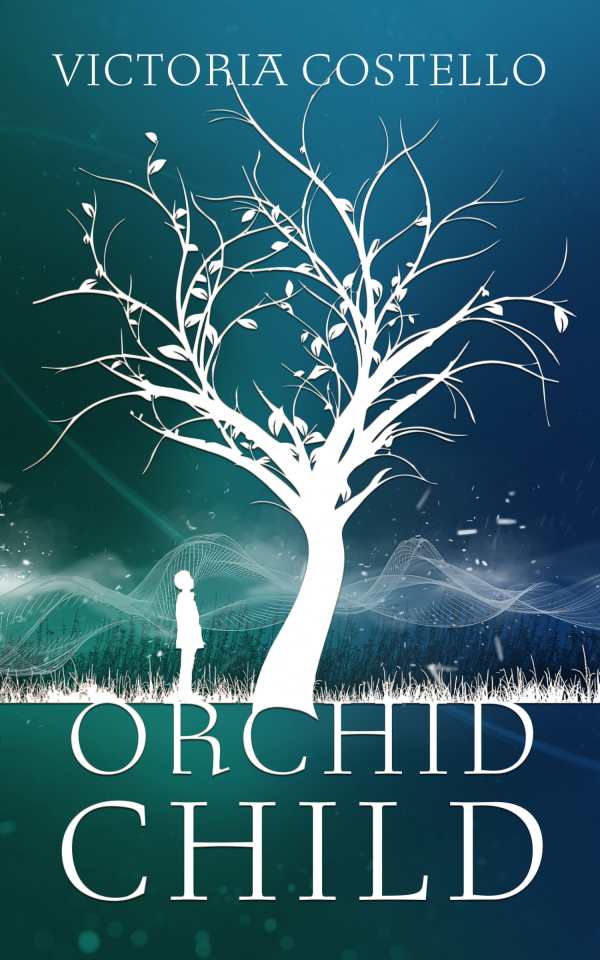Orchid Child
In the psychological novel Orchid Child, family history and neuroscience combine to reveal an Irish American family’s unusual abilities.
In Victoria Costello’s beguiling literary thriller Orchid Child, a schizoaffective teenager and his aunt contend with an inherited gift.
In the 1920s, Ellen and her fiancé, Michael, face turmoil because of the the Anglo-Irish war. They decide to emigrate to the United States. In the 2000s, Ellen’s granddaughter, Kate, is a blacklisted neuroscientist who was fired from her research job in New York. She submits her teenage nephew Teague, whose care she’s responsible for, into psychiatric care at a university in Ballymore, Ireland. There, she helps to conduct a study concerning generational schizophrenia.
Ballymore is a compelling setting where ancestral ties and modern byways mix. To Teague and Kate, it is at once unfamiliar and familiar. Details are used to stitch Ellen’s timeline to their own: of the remnants of an old apothecary shop where Ellen once worked; of the echoes of the past that Teague hears in the stones of buildings as he settles into his group therapy.
As Kate adjusts to parenting an “orchid child” (a term for those who are affected, to a greater than usual degree, by their environments), she recalls her grandmother’s tales about their family’s second sight, surrounding Teague with a new layer of intrigue. Whether his sensitivities are explainable symptoms of his disease or whether they’re indeed a gift becomes the novel’s central question. And the challenges of schizoaffective disorders are made apparent as the novel balances its instances of clinical expertise with Teague’s own perspective on his diagnosis. He expresses frustration about how his medication seems to blunt his creativity, for example.
Threats influence both timelines: Kate’s field study is met with resistance after local residents hear rumors about her, and suspense also gathers through fears surrounding a breach in the field study’s confidentiality. And when Teague befriends a druid, he keeps that information from Kate, leading to trouble. For Michael and Ellen, politics and suspicion lead to violence, while Michael’s premonitions become a source of concern for others. But as disruptions pile up, their individual importance is minimized. Minor developments appear to distracting effect, as when Kate meanders through her memories of a past love. Further, the disclosure of Kate’s family roots, which is heavily suggested throughout the story, is not as surprising as intended.
In the psychological novel Orchid Child, family history and neuroscience combine to reveal an Irish American family’s unusual abilities.
Reviewed by
Karen Rigby
Disclosure: This article is not an endorsement, but a review. The publisher of this book provided free copies of the book and paid a small fee to have their book reviewed by a professional reviewer. Foreword Reviews and Clarion Reviews make no guarantee that the publisher will receive a positive review. Foreword Magazine, Inc. is disclosing this in accordance with the Federal Trade Commission’s 16 CFR, Part 255.

